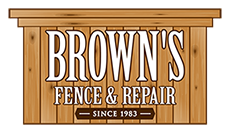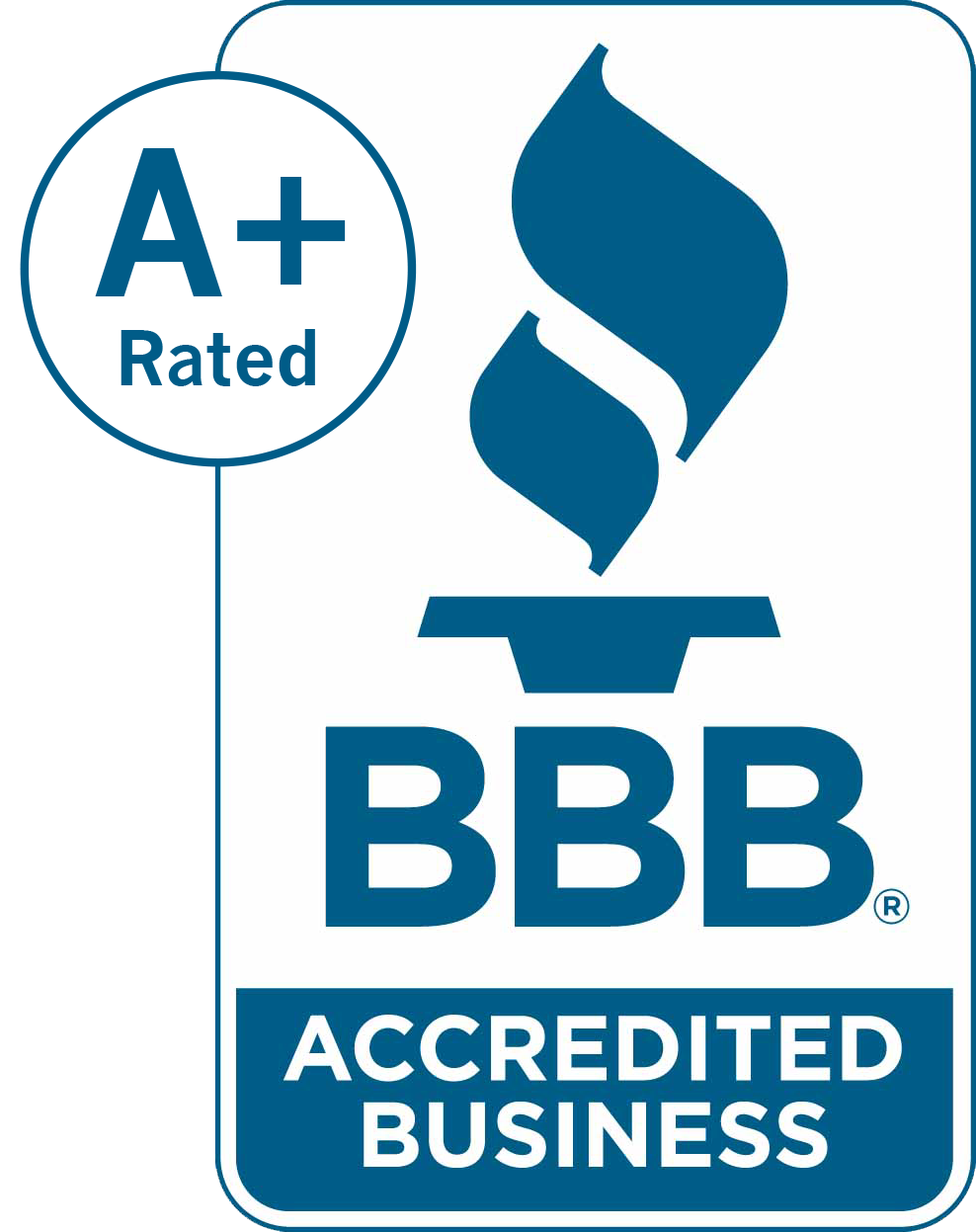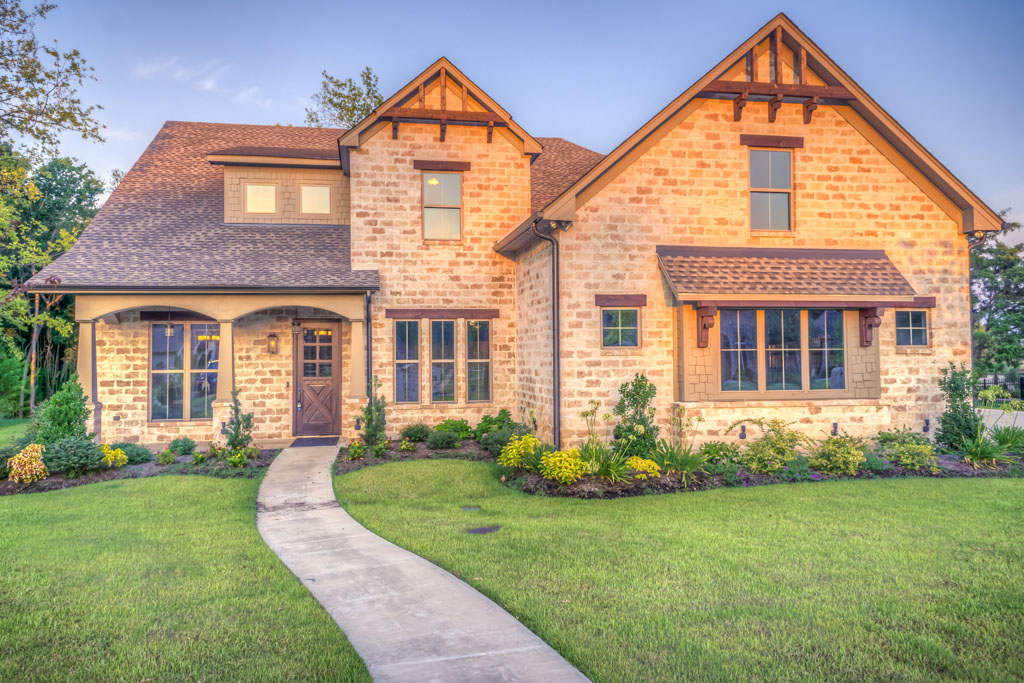Our North Texas climate with our hot summers, wind storms and unpredictable drought patterns can be demanding on a fence. For this reason, Brown’s Fence & Repair only offers the three woods that we believe handle this demanding climate. While we believe building a fence to last as long as possible, the type of wood you choose will determine how long your fence will last based on the woods ability to hold up in the elements
Western Red Cedar – Built to Last the Longest for Fences
In our 34 years of experience, we’ve seen huge changes in the lumber industry. The Western Red Cedar of yesteryear came from slow-growing trees and that made the timber extremely durable. Just recently we replaced a 50-year-old cedar fence. Unfortunately, today’s cedar does not come from slow-growing trees, which offered a greater abundance of ‘heart’ wood, which is extremely hard and durable. Today’s cedar comes from faster-growing varieties that are strong, but do not have as much of that super hard heart wood. Still, you can reasonably expect to get 20 years of life from a new cedar fence today. Some can extend this to 25 years, possibly more, if maintained properly by applying a fence stain that works for our climate, and repairs are made in a timely manner.
The western red cedar fence is a thing of beauty to behold and will bring homeowners many years of beauty and enjoyment. Nothing rivals a new red cedar fence with its rich shades of auburn. With Park Cities, North Dallas and Southern Collin County families spending more time outdoors in their living spaces, fences are no long an afterthought. They have become an intentional part of the outdoor living space design.
In addition to being attractive, cedar naturally holds strong against the elements, and is pest, fungi and algae resistant due to its natural oils.
Douglas Fir – A Hearty Choice for Fences
Unlike today’s Western Red Cedar, the Douglas Fir offers heart wood in abundance. This pine is strong and durable, just not quite as durable as the cedar. You can typically expect to get 10 to 15 years out of this fence, and, as with anything, possibly more years if you invest in maintenance and repairs in a timely manner.
The Douglas Fir’s heart wood makes it strong and durable, and, like the cedar, it can resist the elements, insects and other parasites such as fungi and algae. The Douglas Fir’s appearance is not what most would think of as ‘pine’ because this wood is smooth and sports few knots. Like the cedar, this wood contracts evenly when moisture is introduced, resisting warp.
Douglas Fir offers an attractive look that can be modified with stain choices. And, the price tag is less than that of Western red Cedar. Douglas Fir offers you a choice for decks, pergolas, arbors and fences stain that can keep your budget in check and still offer you many years of use.
Spruce – The Economical Choice for Fence Installation
Spruce is the least expensive option for replacing a fence. This is its greatest benefit, too. Many people who want to minimize budget and are not concerned about longevity will explore Spruce as an option for their wood fence. Although a Spruce fence will likely last only five to 10 years, like all wood fences, this can possibly be lengthened with proper maintenance and repair . Spruce’s downfall is how it reacts to moisture. Unlike Western Red Cedar and Douglas Fir, this wood does not take on water well, and can swell and shrink unpredictably leading to more repairs and more upkeep over time.
The Wood NOT to Use for Fences in Park Cities, North Dallas and Southern Collin County
One wood we recommend that you NEVER use for your fence, deck, pergola or arbor is the pretreated pine wood. This wood is designed for high moisture climates such as Houston where the area has a very high humidity rate. We use this wood at the base of fences where the wood is in contact with moisture nearly year around. Without a very high moisture content, this fence is sure to warp and twist inside of five years. The last thing you want to do is invest a large amount of money in a fence that will need to be repaired often or, in the worst case scenario, replaced long before it has to be.
Not Sure Which Wood To Choose For Your Fence?
Give us a call, and we will be happy to come out and take a look at your project. Our goal is to ask questions and help you determine what would be best for your house, your yard, your family and your overall budget. In a short 10-minute conversation, we can help you determine what the best fence installation solution is for you.





